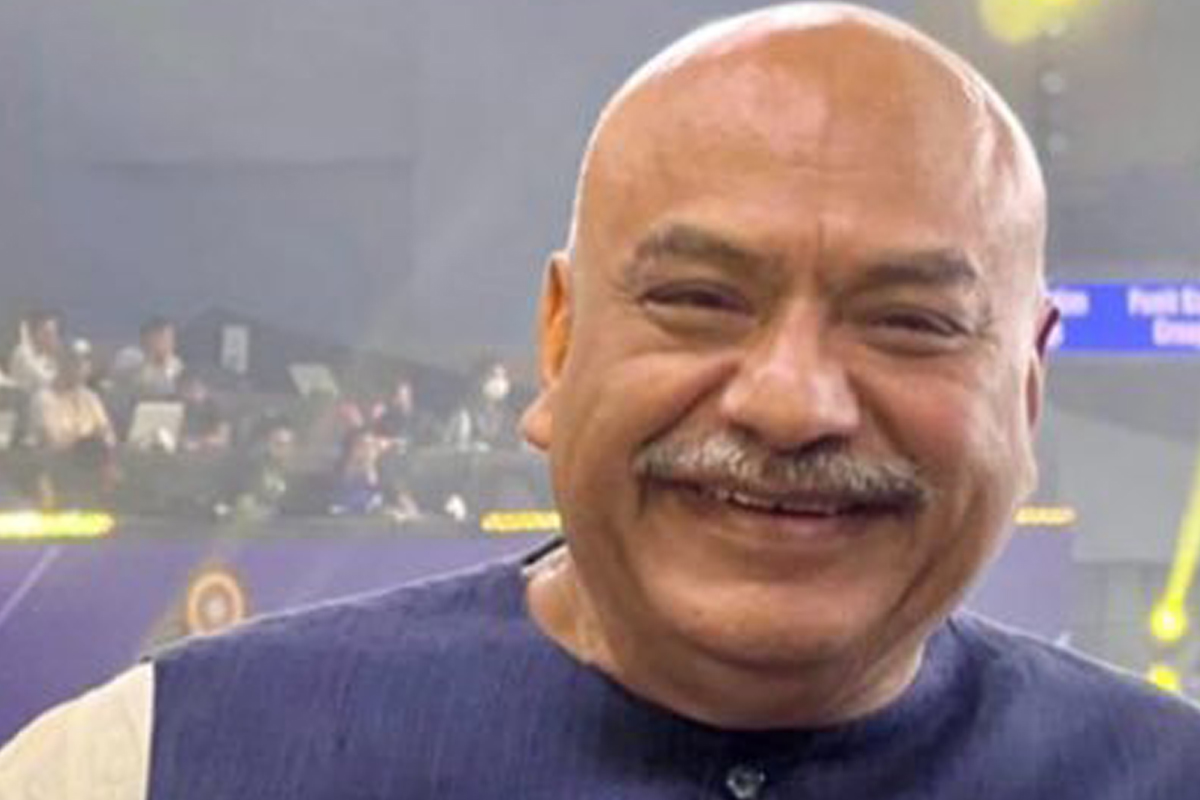A Special Court under the Prevention of Money Laundering Act here has granted bail to Lalit Goyal, brother-in-law of BJP leader Sudhanshu Mittal, in a money laundering case. Holding that Section 19 of the Act had not been complied with, Judge Rajeev Goyal enlarged the accused on bail on furnishing a bail bond of Rs 1 lac and surety in a like amount.
Goyal was charged with serial acts of cheating home-buyers and investors, and siphoning off funds received from them to offshore entities.
Advertisement
In his detailed order earlier this month, Judge Goyal cited a judgment of the Supreme Court in the case of a co-accused, Pankaj Bansal, wherein it was held that a pre-requisite of the law was that an accused person should be supplied the grounds of his arrest in writing.
The apex court had clarified three principles under the law, which if not complied with, would be sufficient to order release of an accused person. These were that an accused person has a right to receive the grounds of arrest in a written format and the Enforcement Directorate was duty bound to furnish these as a matter of course and without any exception; that refusal to co-operate during interrogation cannot be the mode through which a “reason to believe” in one’s guilt – which is the threshold requirement for arrest – can be developed; and third, that the ED cannot arrest with mala fides and in a vindictive manner.
Citing these principles, Judge Goyal held that the arrest of Lalit Goyal suffered from infirmities and that he was thus entitled to bail.
The Enforcement Directorate argued that the grounds of arrest were read out to the accused in the presence of witnesses, but the Special Court held this did not meet the requirements listed by the apex court. The ED’s argument that the accused was evasive and non-cooperative was rejected by the Special Court by citing the apex court ruling which had said in the Pankaj Bansal case that “it is not open to the ED to expect an admission of guilt from the person summoned for interrogation and assert that anything short of such admission would be an ‘evasive reply’.”
While allowing bail, the judge directed Lalit Goyal not to leave India without the court’s permission and to surrender his passport to the court. He was further directed not to make any inducement, threat or promise to any person acquainted with the facts of the case in order to dissuade such a person from disclosing these to the court or the ED.









